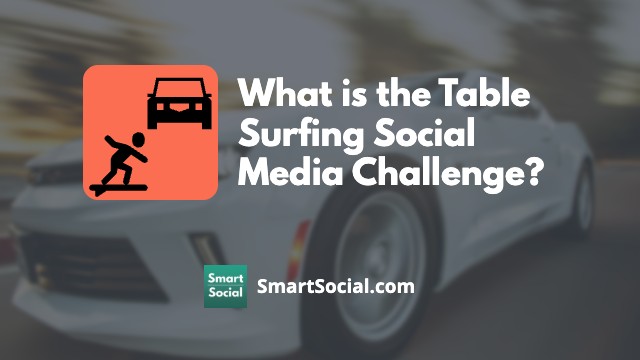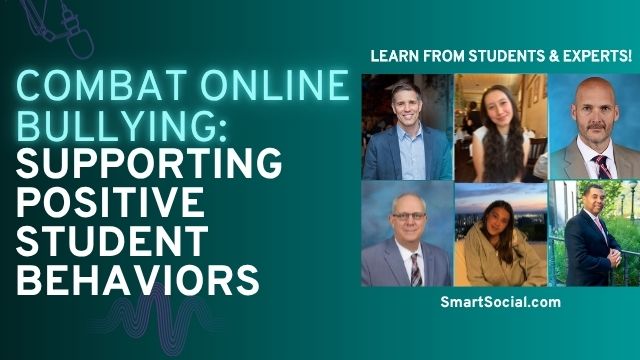Dr. Rady Rahban and the Ripple Effect of Social Media Beauty Filters
Green Zone App
(Click here to learn more)
Dangerous Social media challenge
(Click here to learn more)
Red Zone App
(Click here to learn more)
Gray Zone App
(Click here to learn more)
We all know students love apps like Instagram and Snapchat, but their filters and special effects distort images and lead to unrealistic expectations of how a person should look. Board Certified Plastic Surgeon Dr. Rady Rahban believes social media is driving more students to want to go under the knife.
Social media can set unrealistic beauty standards
Aesthetic icons are nothing new. From Cleopatra to Bella Hadid, from James Dean to Justin Beiber, there will always be people looked at as the “standard” for beauty. But with high definition cameras in phones and apps that allow you to reshape your body, Dr. Rahban says the beauty standard is becoming more and more unattainable. People have always wanted to look their best and change things they don’t see as attractive. But what happens when a student wants to adjust their body based on a heavily-photoshopped image they see online?
Students see images daily that are heavily doctored to completely transform how a person looks. There are apps, like Facetune, that have filters to distort faces and bodies before a picture is taken. Dr. Rahban says this distorted reality leads young students to his office, sometimes without their parents knowing, to ask to look like their favorite celebrities and social media influencers. Some ask to look exactly like a photoshopped or altered image. But Dr. Rahban says the look these students desire is actually unattainable.
Social media impact on plastic surgeon
Dr. Rahban doesn’t allow people to bring social media images into his practice. He says he focuses on helping people look like the best versions of themselves, instead of an unrealistic photo.
Unrealistic social media photos can lead to low self esteem and poor body image.
It’s important for parents to help their students be happy and love who they are. If your student expresses an unhealthy sense of body image or has asked to change their nose, chest, or some other area - know that it’s okay to talk with them about these issues.
There’s a fine line, Dr. Rahban says, between having a healthy sense of self and wanting to make an adjustment versus having low self esteem and wanting to look like someone else.
Conclusion
At Smart Social, we teach students how to be Light, Bright, and Polite on their phones and on social media so they can one day shine online. We know how important it is for students to feel good, both on the outside and the inside. Talk to your students about their self worth and help them see themselves for the beautiful and wonderful people they truly are.
For more information about plastic surgery and about Dr. Rahban, you can listen to his podcast, Plastic Surgery Uncensored.
Learn more about Instagram Editing Apps
Learn more about Facetune in our Facetune App Guide
Protect your family and enter for a chance to win cool prizes
Become a member or log in to learn more on this topic
Protect your family and enter for a chance to win cool prizes

., start learning from this page to earn points!*
Hello, I'm Josh, the founder of SmartSocial.com.
Don't leave this page until you fill out our feedback form that will appear after you learn from the resources...
Become a Very Informed Parent (VIP) to get our social media suggestions in your email every Tuesday & Thursday.



Hello, I'm Josh, the founder of SmartSocial.com. Protect your family by taking my 1 minute quiz
This quiz will help you understand how safe your family is


Schools & Districts: Partner with us to protect your community online
Our remote presentations (and website) teach over a million parents and students each year how to be safe so they can shine online. We teach students how their accounts can be used to create a portfolio of positive accomplishments that impress colleges and employers.


Join Our Smart Social Podcast
each week on iTunes
With over 500 episodes, Josh Ochs interviews psychologists, therapists, counselors, teachers, and parents while showing you how to navigate social media to someday shine online.
Listen on:



.jpg)
.jpg)
.jpg)


